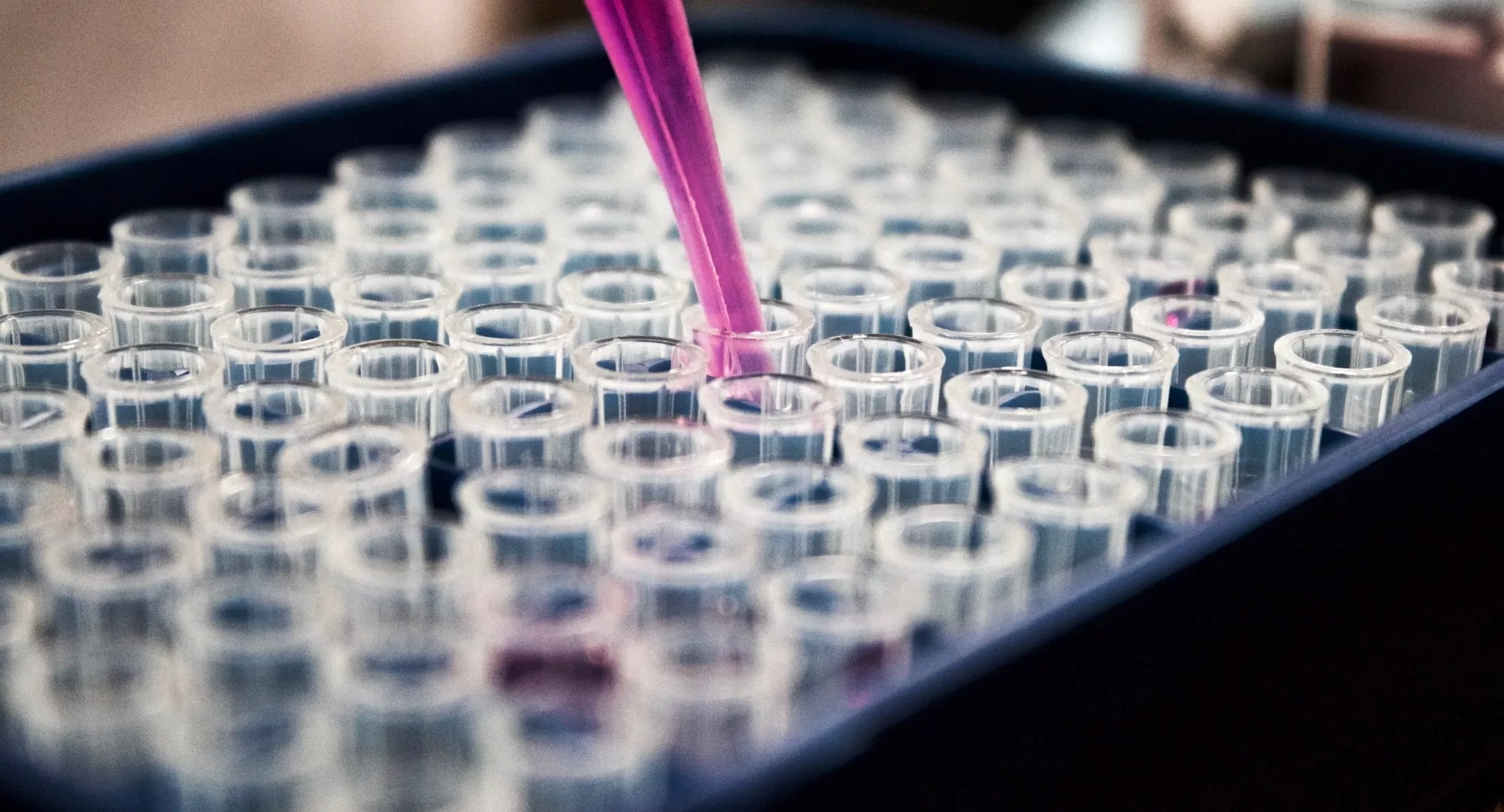
Co-funding for: Quantifying the Contribution of Disinfection Byproducts to the Toxicity of Wastewaters Purified for Potable Reuse: Which Byproduct Classes Matter?
Research Impact
A critical roadblock to the implementation of potable reuse projects is uncertainty surrounding the human health impacts of chemical constituents. This project improves the understanding of whether potable reuse waters present higher chemical-derived human health risks than conventional drinking waters. The toxicity of a series of representative conventional drinking waters using either pristine or wastewater-impacted source waters was compared to waters associated with potable reuse operations. In addition, the contributions of various disinfection byproduct classes was quantified. Research partner: National Science Foundation.
The deliverables for this project consisted of three journal articles, which can be viewed at the links below:
Toxicological Assessment of Potable Reuse and Conventional Drinking Waters
Resources
Quantifying the Contribution of DBPs to the Toxicity of Wastewaters Purified for Potable Reuse
A critical roadblock to the implementation of potable reuse projects is uncertainty surrounding the human health impacts of chemical constituents. Therefore, it is imperative to understand whether potable reuse waters...
